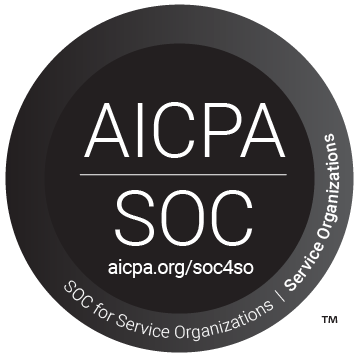As a dog daycare provider, one of the most significant responsibilities is ensuring the health and well-being of your furry guests, and a key aspect of this is their diet. With a growing focus on nutrition in pet care, it's essential to understand and implement healthy dietary practices in your daycare setting. Here's a comprehensive guide to crafting nutritious and balanced diets for the dogs under your care.
Understanding Canine Nutritional Needs

Before diving into specific diets, it's crucial to understand the basic nutritional needs of dogs. Dogs require a balanced diet with proteins, fats, carbohydrates, vitamins, and minerals. The exact proportions can vary based on the dog's age, breed, size, and activity level. Puppies, for instance, need more calories and protein for growth, while older dogs may require fewer calories to avoid weight gain.
High-Quality Commercial Dog Foods
For many daycares, high-quality commercial dog foods serve as the foundation of the diet they offer. When selecting a commercial dog food:
- Choose brands that list a high-quality protein source (like chicken, beef, or fish) as the first ingredient.
- Ensure it is age-appropriate (puppy, adult, senior).
- Look for foods that meet the nutritional standards set by the Association of American Feed Control Officials (AAFCO).
- Avoid products with excessive fillers, artificial colors, or preservatives.
Fresh and Homemade Diets
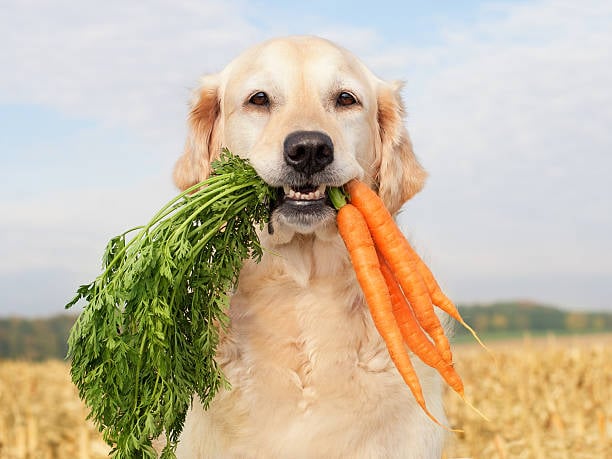
An increasing number of dog owners and daycares are turning to fresh or homemade diets. These diets can provide wholesome, natural nutrition but require careful planning to be nutritionally balanced. If you opt for a homemade diet:
- Consult a veterinary nutritionist to ensure the diet meets a dog's nutritional needs.
- Use various protein sources, vegetables, and grains to provide a range of nutrients.
- Be mindful of foods toxic to dogs, such as onions, grapes, and chocolate.
Special Dietary Considerations
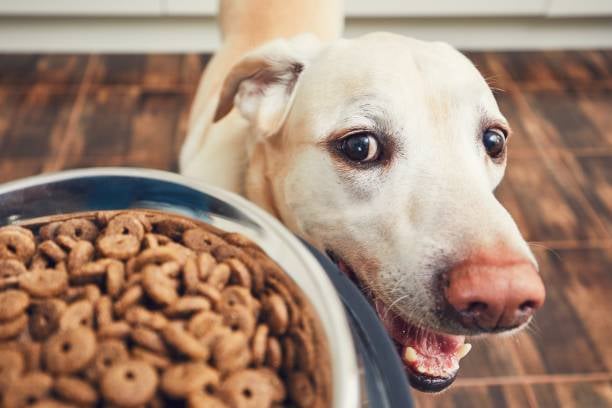
Recognize that some dogs may have special dietary needs due to allergies, sensitivities, or medical conditions. Keep a detailed record of any special requirements for each dog and ensure that these needs are consistently met. Gingr makes this incredibly easy!
Portion Control and Feeding Practices
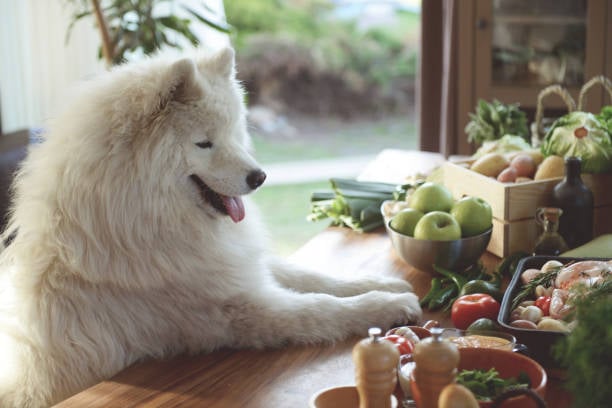
Overfeeding is a common issue in dogs, leading to obesity and related health problems. Implement portion control based on each dog's size, age, and activity level. Also, consider the feeding schedule – most dogs do well with two meals per day, but puppies may require more frequent feeding.
Hydration
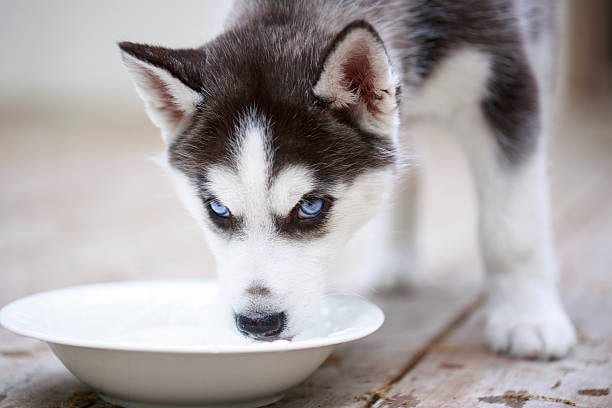
Adequate hydration is as important as food. Ensure fresh, clean water is always available for the dogs in your care. Monitor water intake, especially in hot weather or after exercise.
Treats and Snacks
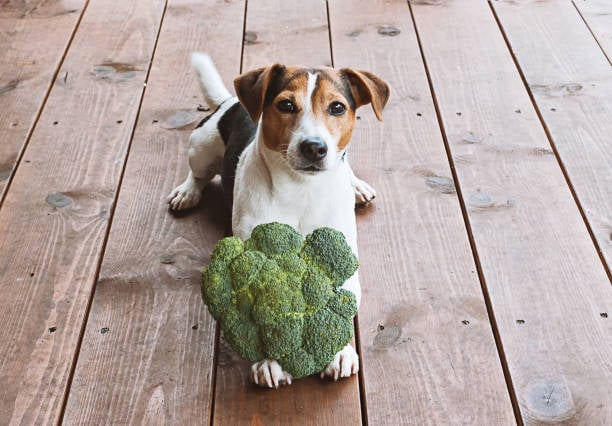
While treats can be effective for training and behavior management, they should be given sparingly and not exceed 10% of a dog's daily caloric intake. Opt for healthy options like small pieces of carrot, apple, or commercial treats made with wholesome ingredients.
Educating Pet Owners
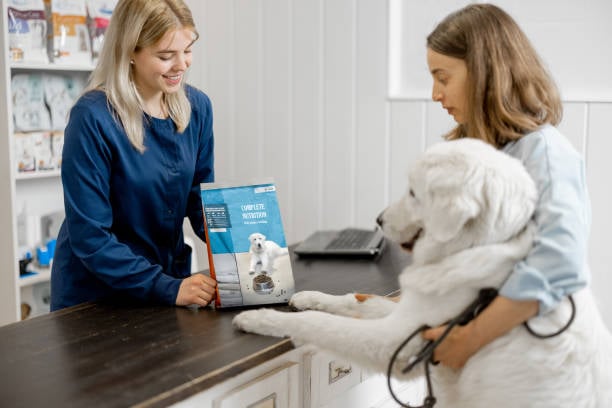
Part of your role as a daycare provider is to educate pet owners about nutrition. Share your knowledge and resources with them, especially if you notice a dog under your care showing signs of dietary imbalance or food-related issues.
Focusing on nutrition in your dog daycare can greatly enhance the health and happiness of the dogs you care for. By offering well-balanced diets, accommodating special dietary needs, and educating pet owners, you position your daycare as a leader in pet health and wellbeing. Remember, a healthy dog is a happy dog! 🐾🥗💕


